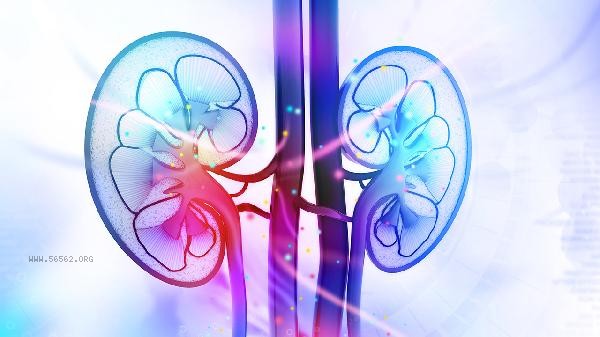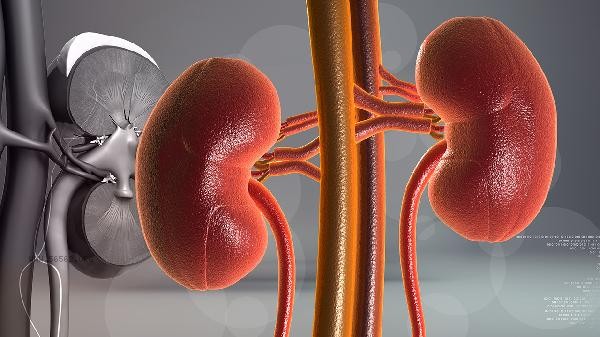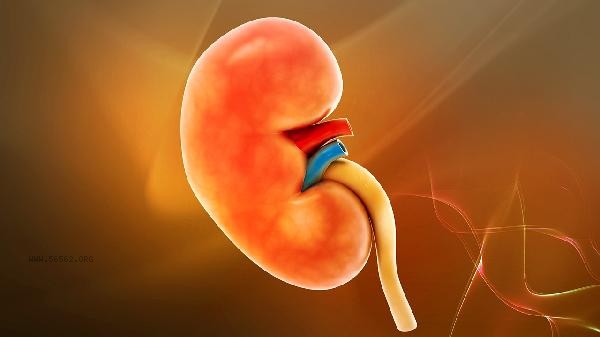The therapeutic effect of bk virus kidney transplantation depends on early detection and timely intervention. The condition can be effectively controlled through antiviral drugs, adjustment of immunosuppressants, and regular monitoring. Bk virus infection is a common complication after kidney transplantation, which may lead to impaired or even failed kidney function. The key to treatment lies in early diagnosis and comprehensive management.

1. Antiviral drug treatment. After bk virus infection, doctors usually use antiviral drugs to control virus replication. The commonly used drugs include sildenafil, leflunomide, and immunoglobulin. Xiduofuwei is a potent antiviral drug that can directly inhibit virus replication, but its potential nephrotoxicity should be noted. Leflunomide suppresses the virus by regulating the immune system and is suitable for long-term use. Immunoglobulin can enhance the body's antiviral ability and is usually used in combination with other drugs.

2. Adjust immunosuppressants. The infection of bk virus is closely related to the excessive use of immunosuppressants. Doctors will adjust the dosage of immunosuppressants or switch medications based on the patient's viral load and kidney function. Common immunosuppressants include tacrolimus, cyclosporine, and mycophenolate mofetil. Reducing the dosage of immunosuppressants can enhance the body's antiviral ability, but it requires balancing the risk of kidney transplant rejection.
3. Regular monitoring and follow-up. The early symptoms of bk virus infection are not obvious, and regular monitoring of viral load and kidney function is crucial. Patients need to undergo blood and urine tests every 1-2 months to detect bk virus DNA levels. If the viral load increases, doctors will adjust the treatment plan in a timely manner. Patients should maintain good lifestyle habits and avoid infection with other viruses or bacteria to prevent worsening of the condition. The treatment of bk virus kidney transplantation requires multidisciplinary collaboration, including the joint participation of nephrologists, infectious disease specialists, and transplant specialists. Early detection and comprehensive management are key to improving treatment effectiveness. Patients should actively cooperate with the doctor's treatment recommendations, undergo regular check ups, and maintain good lifestyle habits to maximize the protection of transplanted kidney function. Through scientific treatment and management, bk virus infection can be effectively controlled, and the long-term survival rate of transplanted kidneys can also be significantly improved.









Comments (0)
Leave a Comment
No comments yet
Be the first to share your thoughts!